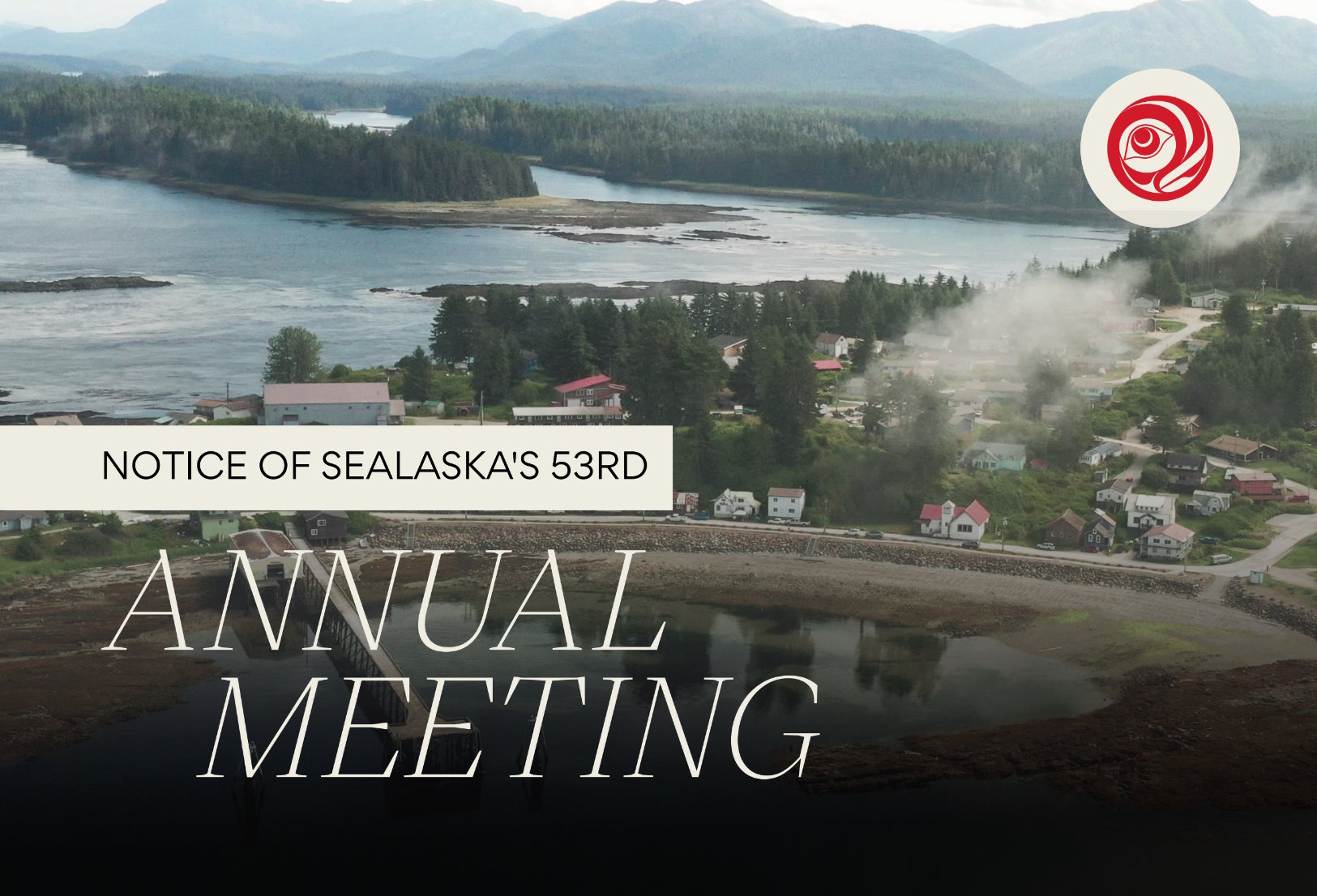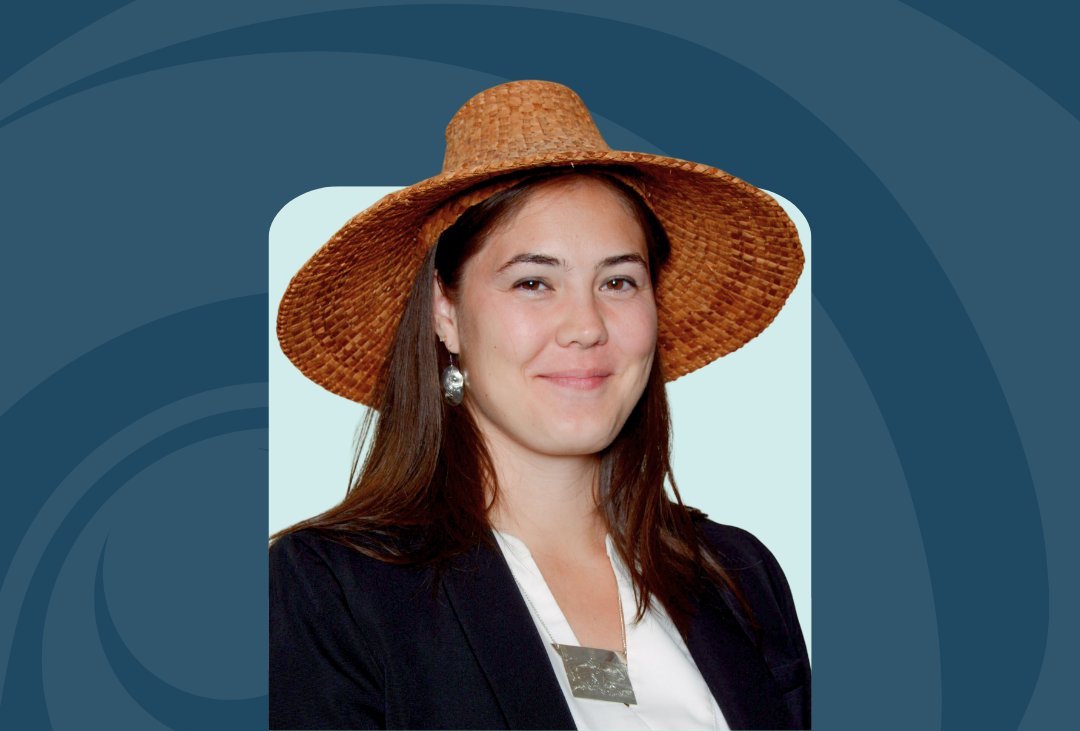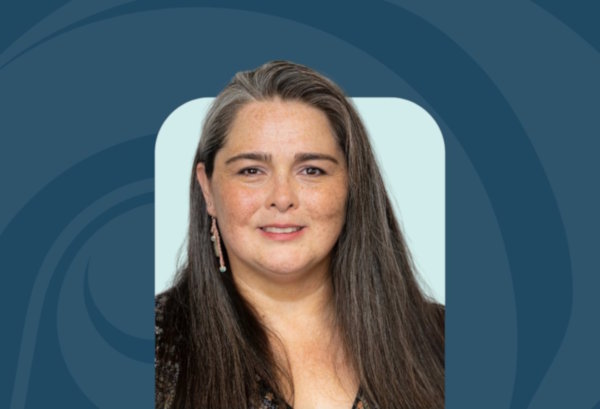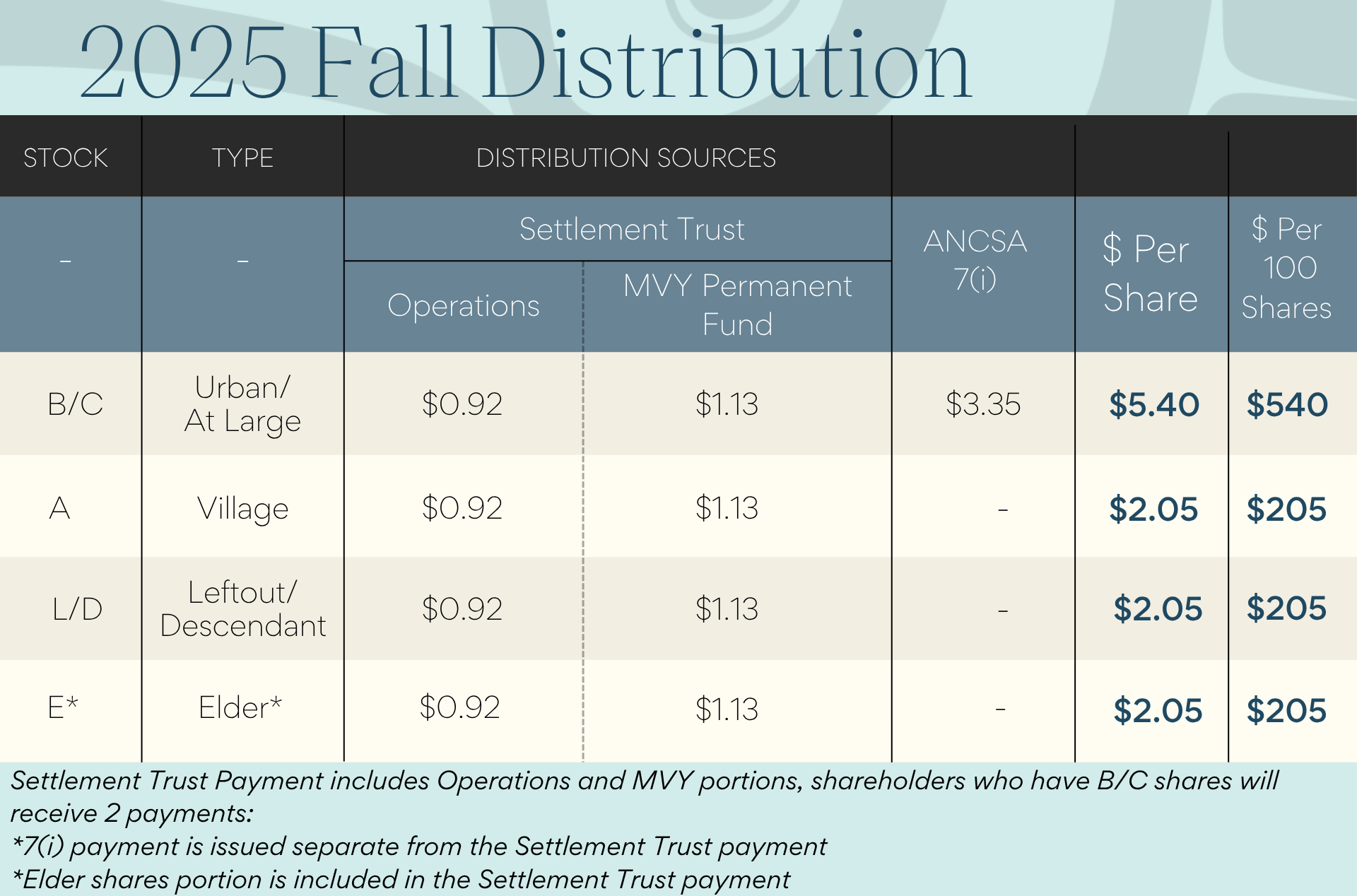Sealaska shareholder serves as “fairy godmother” of education and culture for thousands of Native students
Monday, November 16, 2020
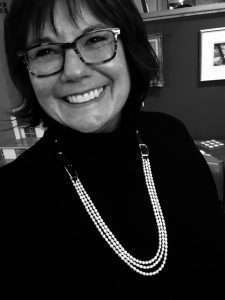 Her business card says she’s the president and CEO of The CIRI Foundation, but Susan Anderson jokes that her real title ought to be “fairy godmother.”
Her business card says she’s the president and CEO of The CIRI Foundation, but Susan Anderson jokes that her real title ought to be “fairy godmother.”
That’s because she says her job is “not even a job” – she oversees the distribution of millions of dollars a year in scholarships and grants to help CIRI shareholders and descendants transform their lives through education while strengthening ties to their culture.
Anderson is Tlingit, with roots in Wrangell and Juneau, but grew up in Southcentral Alaska. She is an original CIRI enrollee, and inherited Sealaska shares from an uncle. October marks her 21st year at the helm of The CIRI Foundation.
The foundation is the nonprofit arm of Cook Inlet Region, Inc. (CIRI). It was established in 1982 to fund post-secondary scholarships and grants, internship opportunities, and research and other education projects. CIRI’s more than 9,000 shareholders come from tribes all over Alaska, with many different cultural practices. For that reason, the foundation funds tribal and nonprofit entities and schools throughout Alaska and beyond, including many projects in Southeast that have been funded in concert with Sealaska Heritage Institute.
Anderson said she was among the foundation’s first scholarship recipients, and holds bachelor’s and master’s degrees in secondary education from Western Washington University. The importance of education was emphasized early and often by Anderson’s parents, who met at WWU and both went on to become middle school teachers.
“It was not if you’re going to college, but when and where,” she said. Both her father and mother were first-generation college students, and their educations changed their lives and the family’s circumstances dramatically.
There were challenges, though. Her father was born in Wrangell but was later adopted out and grew up mostly in a children’s home in Palmer, which is how the family came to live in Southcentral. He was an avid cultural practitioner when it came to drawing formline, carving and making jewelry. But Anderson said being removed from the cultural context of his people was something he struggled with throughout his life.
“It’s a hard story, but there are a lot of hard stories like that,” she said. “One of the reasons (her father and people of his generation) don’t speak Lingít, or didn’t, was they got thrown out in the water when they spoke it, or got their mouths washed out with soap. And that is one generation away.”
During the pandemic, the foundation has worked particularly hard on helping its beneficiaries stay connected to their culture, whether they are CIRI shareholders or descendants, or Alaska Natives more broadly, regardless of where they live.
For example, the foundation supported the Alaska Native Heritage Center’s Culture Boxes project. Think of popular subscription services like Kiwi Crates or Little Passports, only with Alaska Native carving, weaving or beading projects inside.
Hands-on opportunities to engage with culture are particularly meaningful because, as Anderson said, it’s not just the making of an object, it’s learning about the materials needed, how and where to harvest them, and the language to describe them.
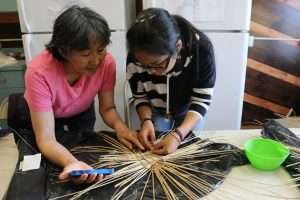 As for the post-secondary students The CIRI Foundation supports, “the reality (of the pandemic) is, we’ve all been impacted to some extent. What we’ve seen is that some have been really, really impacted and some haven’t been impacted much at all,” Anderson said. “It’s really strange.” The foundation distributed more than $2 million in scholarship aid in its most recent cycle, and is extending “Covid grace” to anyone struggling to get through schoolwork for pretty much any reason related to the pandemic.
As for the post-secondary students The CIRI Foundation supports, “the reality (of the pandemic) is, we’ve all been impacted to some extent. What we’ve seen is that some have been really, really impacted and some haven’t been impacted much at all,” Anderson said. “It’s really strange.” The foundation distributed more than $2 million in scholarship aid in its most recent cycle, and is extending “Covid grace” to anyone struggling to get through schoolwork for pretty much any reason related to the pandemic.
Anderson moved back to Alaska from Washington state 21 years ago, and one of her first activities upon her return was attending the Alaska Federation of Natives. She described being brought to tears by the experience of being surrounded by so many other Alaska Natives.
“We as Native people need to know who we are through culture and heritage, and to be as connected to that as we can in this day and age,” Anderson said. “If you know who you are – especially during these tough times – it gives you a solid foundation to grow and do things from there. If that’s higher education, technical training, training to be a carver or artist of some sort, whatever it is, that’s going to help you and help your community. The CIRI Foundation is just one mechanism to do that.”
Latest News
Notice of Sealaska's 53rd Annual Meeting of Shareholders
Pinned - Posted 2/12/2026The 2026 Sealaska Annual Meeting of Shareholders will be held on Saturday, June 27, in Angoon, Alaska. This year’s meeting will take place at the Angoon Elementary Gym, located at 500 Big Dog Salmon Road, Angoon, AK 99820.
Sealaska Welcomes Madeline Soboleff Levy
Posted 2/7/2026Sealaska welcomes Madeline Soboleff Levy as our new Vice President of Policy and Corporate Affairs.
Online Notary Service for Stock Wills
Posted 1/28/2026Sealaska is pleased to welcome Heather Shá xat k’ei Gurko
Posted 12/17/2025Sealaska is pleased to welcome Heather Shá xat k’ei Gurko as our new Director of Shareholder Communications.
